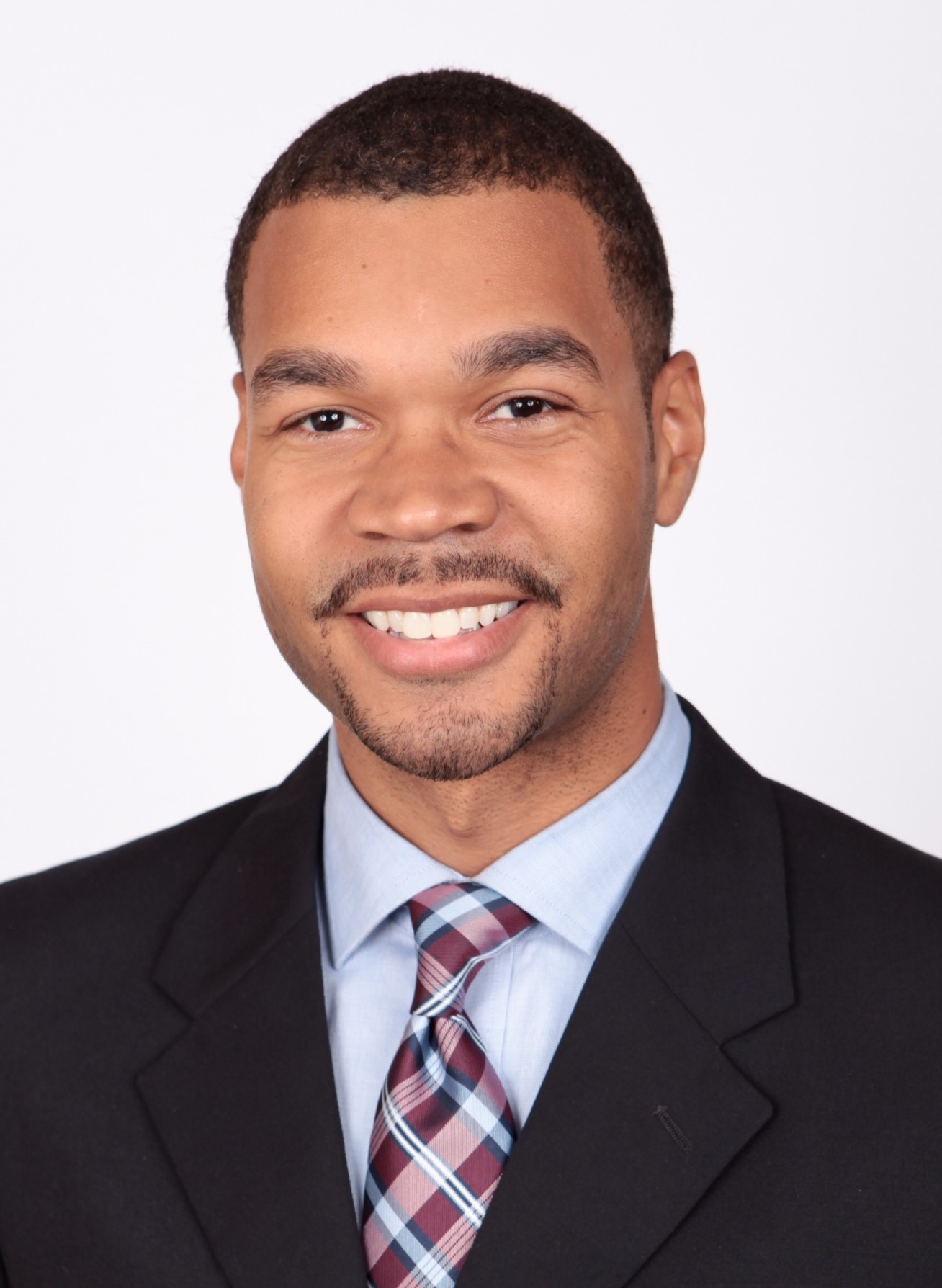A Formula for Acting Ethically
 One of the first lessons in learning mathematics is the order of operations—that is, the correct logical sequence to use in solving problems. Not knowing the order of operations means that, even if you do your calculations correctly, your solution may be wrong for not doing them in the correct order.
One of the first lessons in learning mathematics is the order of operations—that is, the correct logical sequence to use in solving problems. Not knowing the order of operations means that, even if you do your calculations correctly, your solution may be wrong for not doing them in the correct order.
The order of operations is so important that our teachers taught us a mnemonic device to help us remember it, “Please excuse my dear Aunt Sally”—that is, parenthesis, exponents, multiply, divide, add and subtract.
When I think about the order of operations, I realize that the same logic—having a clear, established understanding of which questions should be answered first—can be applied to ethical decision-making.
Here’s how an ethical order of operations might play out. Let’s say you have three primary objectives in your job: to increase revenue by 25%, to gain 50% market share in your industry and to act with integrity. Although all three goals may be important to you, what if you’re in a situation where you can only find a solution that meets two of these goals? Each different way you might prioritize these goals leads to a profoundly different decision.
If you’re going to be an ethical leader, you have to know your order of operations well before you encounter such scenarios. And if acting ethically is not your number one value when approaching complex problems, then your entire decision making system may be broken. Or, in other words, it’s “out of order.”
Though I love accomplishing and exceeding business goals, I know I would rather fail without compromising my integrity than succeed by cheating. Acting ethically is first in my order, and I also believe this is the primary key to sustaining success over time.
If I’m hiring someone to work at my company, the process by which a candidate achieved her success is far more important to me than the actual results. If you’re looking to get hired at a company, you would likewise do well to see that your order of operations matches theirs. Look for both character and competence. One without the other leaves much to be desired.
I typically end my blogs by reminding readers that Leadership is a Lifestyle. But today, as we think about the best order of operations for achieving our goals, I’ll sign off using the words of my colleague and friend, Ronald Taylor, who says:
“As always… Ethics First”
— Ryan W. Hirsch
Program Manager, NASBA Center for the Public Trust




